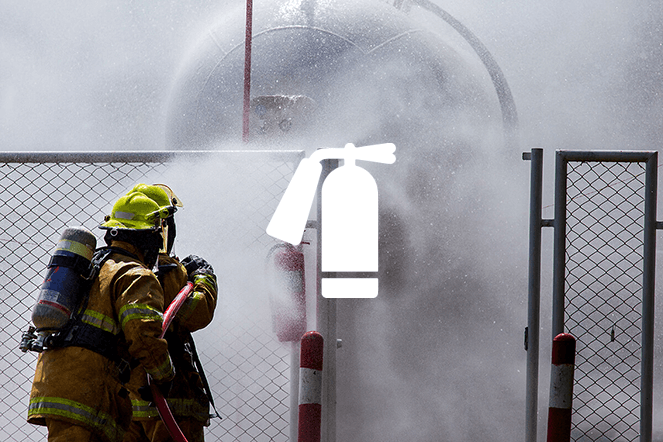This website uses cookies so that we can provide you with the best user experience possible. Cookie information is stored in your browser and performs functions such as recognising you when you return to our website and helping our team to understand which sections of the website you find most interesting and useful.


Topamax
The Topamax lawsuit focuses on the alleged negligence of Janssen Pharmaceuticals, a subsidiary of Johnson & Johnson, for failing to provide adequate warning about the serious potential for birth defects in babies born to women who took Topamax while pregnant. Topamax, also known by its generic name topiramate, is a widely prescribed drug used for the treatment of epilepsy and prevention of migraine headaches.
Claims against Janssen center on the assertion that the company failed to warn pregnant women and their physicians about the risks associated with the medication, even though evidence of increased birth defect risks, specifically cleft lip and palate, was becoming apparent. Additionally, the lawsuit alleges that Topamax may decrease the effectiveness of contraceptives, a fact not adequately communicated to women of childbearing age.
The U.S. Department of Justice has also accused Janssen of unlawfully promoting Topamax for off-label uses, leading to a significant fine for the company. Despite the approved uses being limited to treating seizure disorders and preventing migraine headaches, the company was found to have paid physicians to promote the drug for a range of unapproved psychiatric conditions, resulting in an $81 million penalty.

Topamax’s controversial history began to unfold in 2011 when the U.S. Food and Drug Administration (FDA) demanded that Janssen add a warning to the drug’s prescribing information, alerting about the increased risk of cleft palate and cleft lip. The FDA’s move came in response to data from the North American Antiepileptic (NAAED) Pregnancy Registry, which indicated that infants’ risk of being born with these defects was 21 times greater if the mother took topiramate during her first trimester of pregnancy.
This revelation led to a reclassification of Topamax from a pregnancy Category C drug, previously considered potentially harmful to animal fetuses but not proven for humans, to a Category D drug, meaning there is “positive evidence of human fetal risk.”
Families of children born with these defects began filing lawsuits against Janssen, alleging that the company had been aware of the risks associated with Topamax as early as 1997, yet failed to communicate these risks to consumers or medical professionals. The claims state that the company had an ethical and legal obligation to provide adequate warning to consumers, especially given the potential for severe, life-changing birth defects that would require extensive and costly medical treatment.
Despite the company’s defense asserting that instances of birth defects could not necessarily be linked to Topamax use due to the common occurrence of oral clefts in newborns, juries found in favor of the plaintiffs. They concluded that Janssen’s negligence in not adequately warning about Topamax’s birth defect risks was a substantial factor in causing the plaintiffs’ injuries.
As a result of these lawsuits and the damning evidence presented against it, Janssen eventually decided to settle several pending cases related to Topamax birth defects. As of 2022, there have been no new updates in this litigation, and the Topamax mass tort program has been closed.
However, the impacts of the case continue to reverberate through the pharmaceutical industry, underscoring the critical importance of thorough pre-market drug testing, full disclosure of potential side effects, and ethical marketing practices. This case also highlights the power of legal action in holding large corporations accountable for negligence, providing justice for those affected, and safeguarding future consumers from potential harm.
Get in Touch
Unable to locate the lawsuit that piques your interest? We are here to assist you.
Our firm acknowledges the dynamic nature of mass tort lawsuits. As new cases surface each day, keeping abreast of this ever-changing landscape can indeed be demanding. That is where our expertise comes in. Even if you can't immediately find the lawsuit you're interested in on our website, please be assured that we may still be able to assist you. We maintain an extensive network of qualified claimants across a wide range of lawsuits, which may not be readily visible on our platform.
For further exploration, we cordially invite you to engage with our dedicated sales team. They are prepared to comprehend your requirements and assist you in locating the most suitable claimants for your specific lawsuit.
Initiate the connection today. The claimants you are seeking may be just a single click away.
 386-867-8397
386-867-8397








